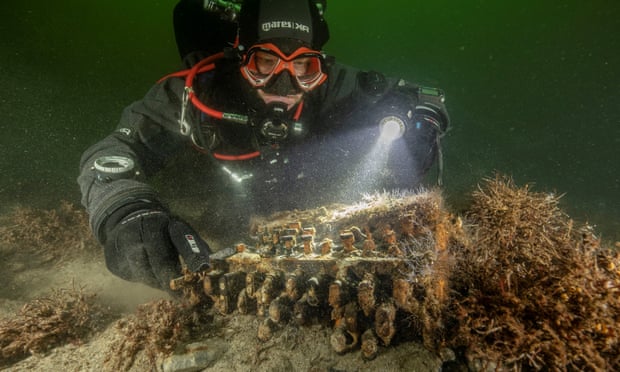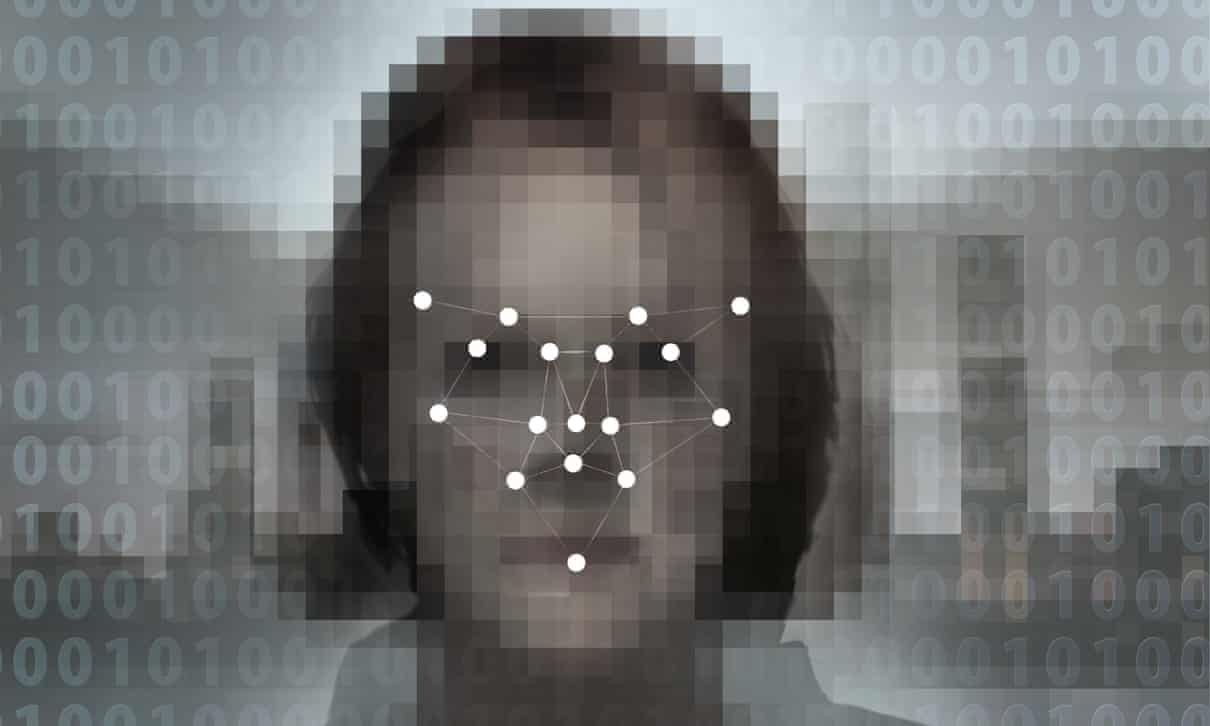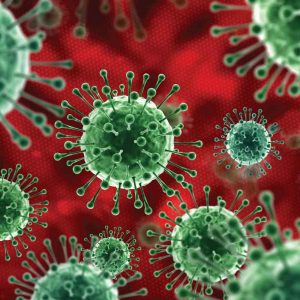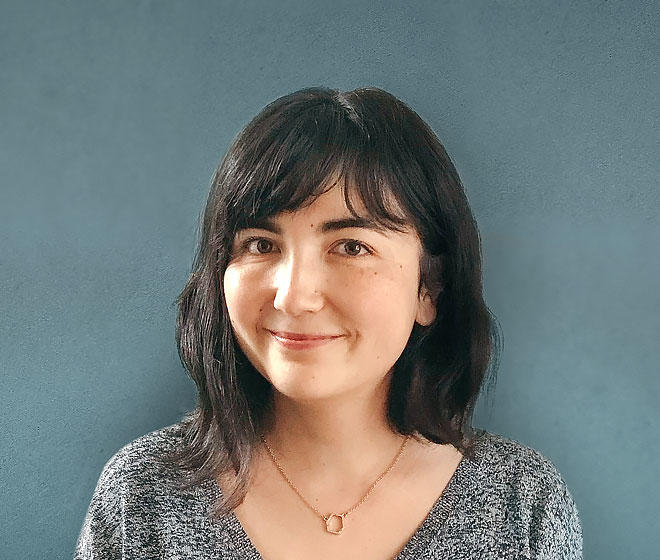The fourth and final 2020 Gibbons Lecture is on Wednesday 21st October 2020 from 6-7pm in Room B10, The General Library, 5 Alfred St. Refreshments and networking from 7pm.
Please register here to attend in person, if you have not already done so. This lecture will not be live-streamed nor available later as a podcast.
Social media, AI, and society: Some psychological insights
As advanced digital technologies become an indispensable part of nearly all aspects of everyday living, it is essential to consider the downstream effects on society.
In this talk, Associate Professor
Kumar Yogeeswaran from the College of Science at the University of Canterbury will consider social scientific evidence on how these indispensable technologies shape people’s attitudes, beliefs, and behaviours.
This lecture is run in association with the Auckland ICT Graduate School, IT Professionals NZ, and Dr Beryl Plimmer.
See here for more details on the Gibbons Memorial Lecture Series.













